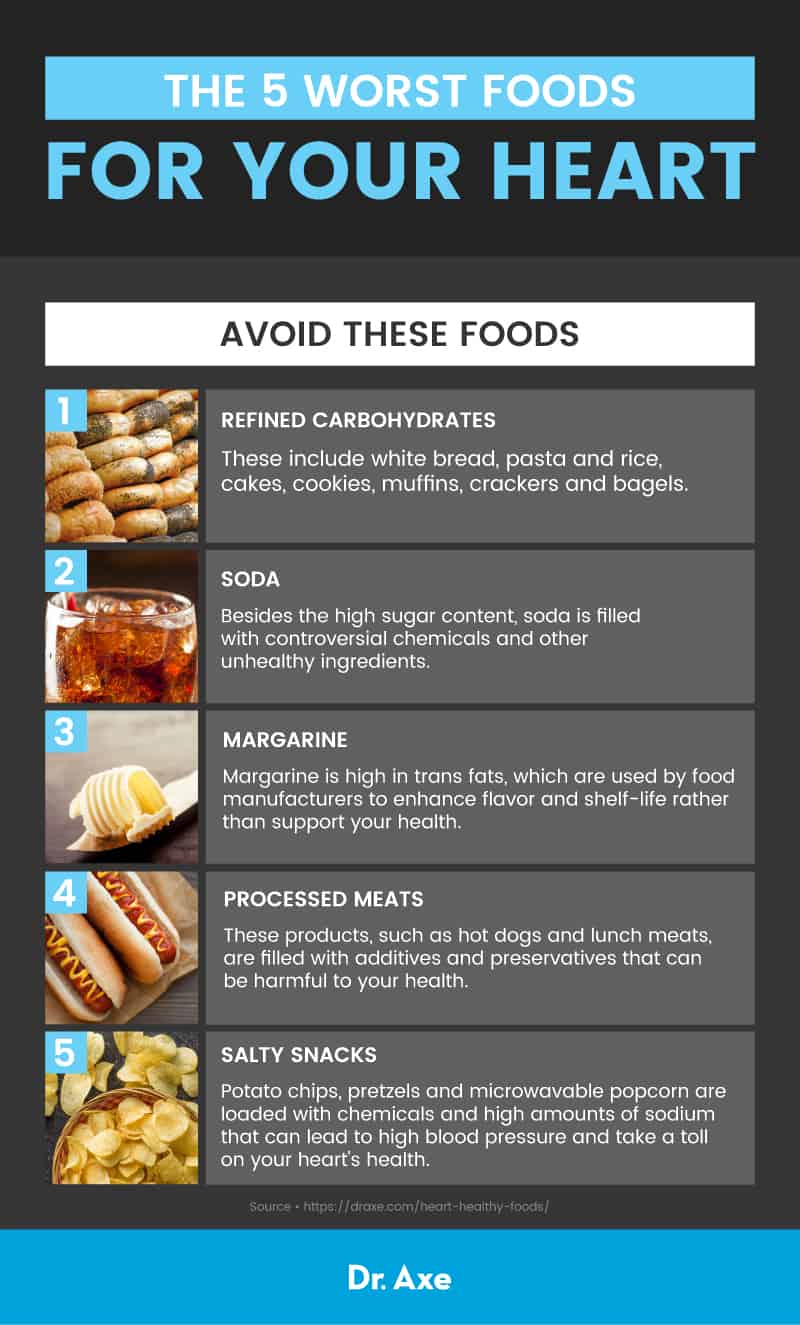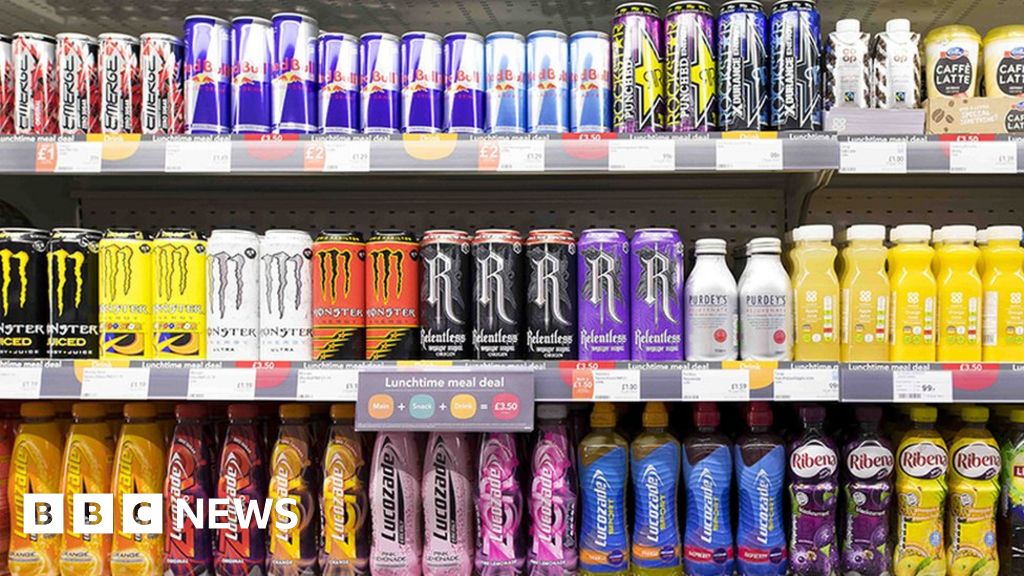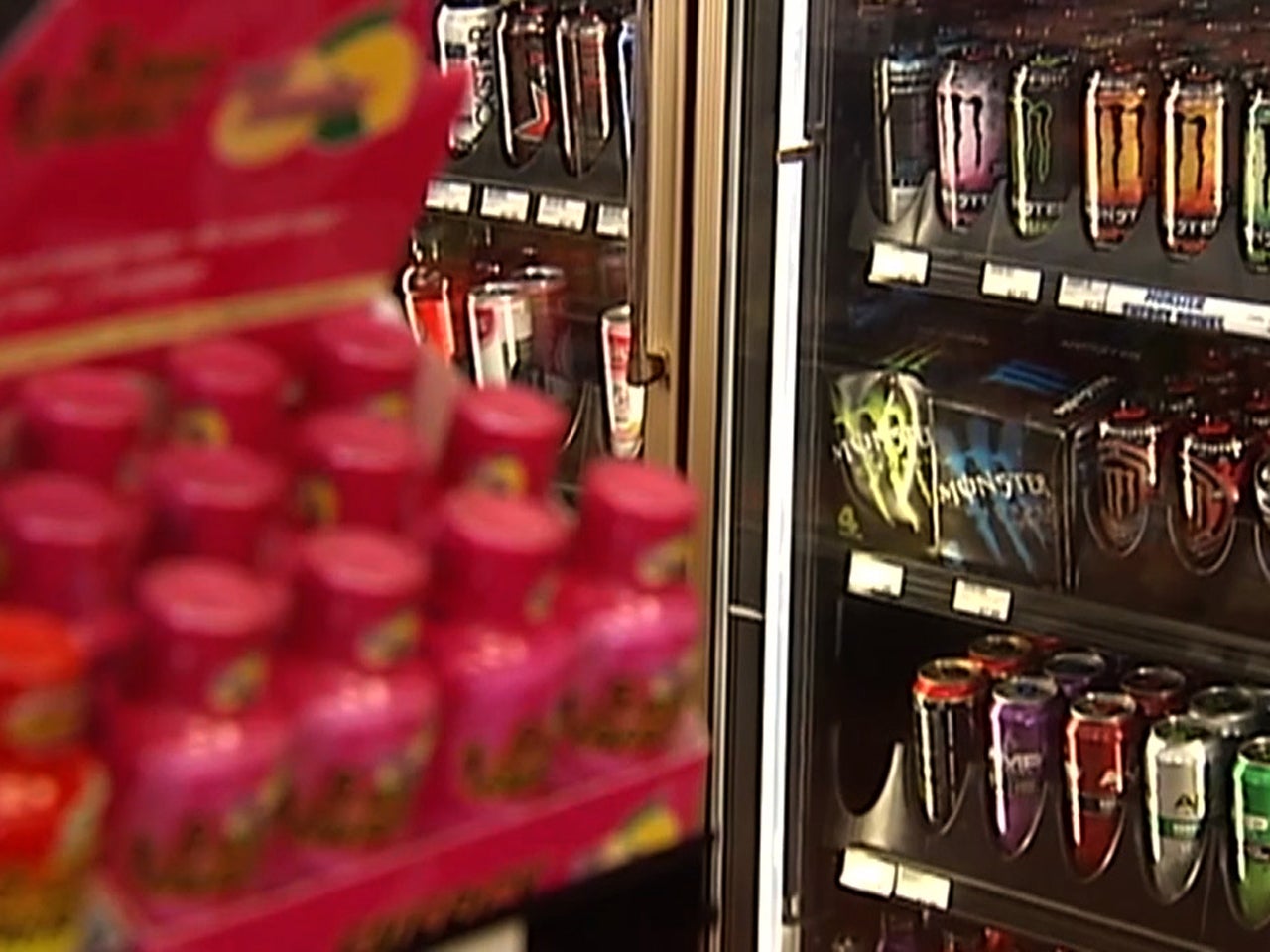Energy drinks have taken the world by storm, promising a quick boost to keep you awake and alert. But what happens when the buzz goes too far? The connection between energy drinks and heart attack has sparked debates, raising concerns about their safety. If you're someone who relies on these beverages to power through the day, it's time to take a closer look at the science behind them.
Let’s be real, energy drinks have become a staple in many people's lives. Whether you're a student cramming for exams or a professional pulling an all-nighter, these drinks seem like the perfect solution. But here's the thing: the more we consume them, the more questions arise about their long-term effects on our health.
While energy drinks promise energy, focus, and endurance, they also come with potential risks. One of the most alarming concerns is their link to cardiovascular issues, including heart attacks. So, before you reach for that next can, let's dive deep into the world of energy drinks and uncover the truth behind the hype.
Read also:Melissa Gilbert How Old Is She And What Defines Her Iconic Legacy
What Are Energy Drinks?
Energy drinks are beverages designed to boost energy levels and enhance mental alertness. They typically contain caffeine, sugar, and other stimulants like taurine, guarana, and ginseng. These drinks are marketed as performance enhancers, making them popular among students, athletes, and busy professionals.
But what exactly makes energy drinks different from regular sodas? It's all about the concentration of caffeine and other additives. While a cup of coffee might have around 95 mg of caffeine, some energy drinks pack over 200 mg in a single serving. This high caffeine content is what raises eyebrows among health experts.
Why Are Energy Drinks So Popular?
Let’s face it, life gets hectic, and sometimes we need a little extra push to keep going. Energy drinks promise instant energy, making them an attractive option for those juggling multiple responsibilities. From late-night study sessions to early morning workouts, these beverages seem to offer the perfect solution.
Here’s why they’ve gained so much traction:
- Convenience: Energy drinks are readily available in stores and vending machines.
- Marketing: Aggressive advertising campaigns target young adults and athletes.
- Social Acceptance: Drinking energy drinks has become a cultural norm, especially among younger generations.
But with great power comes great responsibility—or at least it should. As we’ll explore later, the overconsumption of energy drinks can lead to serious health risks.
Energy Drinks and Heart Attack: Is There a Link?
The million-dollar question: Can energy drinks really cause heart attacks? The short answer is yes, but it depends on various factors, including individual health conditions and consumption habits. Studies have shown that excessive caffeine intake can lead to increased heart rate, elevated blood pressure, and even arrhythmias—all of which are risk factors for heart attacks.
Read also:Who Is The Real Wonder Woman Actress Dive Into Her World
Here’s how it works: When you consume a high-caffeine energy drink, your body releases adrenaline, which speeds up your heart rate and constricts blood vessels. For most people, this effect is temporary and harmless. However, for individuals with pre-existing heart conditions, this sudden spike in cardiovascular activity can be dangerous.
Who’s at Risk?
Certain groups are more vulnerable to the negative effects of energy drinks:
- People with pre-existing heart conditions
- Individuals with high blood pressure
- Those with a family history of heart disease
- Teenagers and young adults with developing cardiovascular systems
If you fall into any of these categories, it’s crucial to consult a healthcare professional before consuming energy drinks.
How Much Is Too Much?
So, how much caffeine is safe to consume in a day? The general guideline is 400 mg of caffeine for healthy adults, which is roughly equivalent to four cups of coffee. However, when it comes to energy drinks, the caffeine content can vary significantly from brand to brand.
Some popular energy drinks contain:
- Red Bull: 80 mg per 250 ml can
- Monster Energy: 160 mg per 500 ml can
- NOS Energy: 260 mg per 473 ml can
It’s important to note that many people consume multiple servings in one sitting, which can quickly push them over the safe limit. Mixing energy drinks with alcohol or other stimulants also increases the risk of adverse effects.
What the Science Says
Research on the effects of energy drinks is ongoing, but several studies have drawn concerning conclusions. A 2017 study published in the Journal of the American Heart Association found that energy drinks can significantly impact heart function, even in healthy individuals. Participants who consumed energy drinks experienced increased blood pressure and altered heart rhythm compared to those who drank placebo beverages.
Another study conducted by the Mayo Clinic discovered that energy drinks can cause a temporary increase in blood pressure, which may persist for several hours after consumption. This prolonged elevation in blood pressure is particularly concerning for individuals with underlying cardiovascular issues.
Key Takeaways from the Research
- Energy drinks can raise blood pressure and heart rate.
- They may disrupt normal heart rhythm, leading to arrhythmias.
- Long-term effects are still unclear, but excessive consumption is strongly discouraged.
While more research is needed, the existing evidence suggests that energy drinks should be consumed with caution, especially by those with pre-existing health conditions.
Alternatives to Energy Drinks
If you’re looking to boost your energy without risking your health, there are plenty of natural alternatives to consider. Here are a few options:
- Green Tea: Rich in antioxidants and contains a moderate amount of caffeine.
- Coconut Water: Hydrating and packed with electrolytes.
- Fruit Smoothies: A refreshing way to get a natural sugar boost.
- Water: Sometimes the simplest solution is the best. Staying hydrated can help combat fatigue.
Remember, the key to sustained energy is maintaining a balanced diet, getting enough sleep, and staying active. Relying solely on energy drinks is not a sustainable solution.
How to Stay Safe While Consuming Energy Drinks
If you’re not ready to give up energy drinks entirely, there are steps you can take to minimize the risks:
- Limit your intake to one serving per day.
- Avoid mixing energy drinks with alcohol or other stimulants.
- Choose brands with lower caffeine content.
- Stay hydrated by drinking water alongside energy drinks.
It’s also important to listen to your body. If you experience symptoms like rapid heartbeat, dizziness, or chest pain after consuming an energy drink, seek medical attention immediately.
Real-Life Stories: The Impact of Energy Drinks
To truly understand the risks associated with energy drinks, let’s look at some real-life examples:
In 2018, a 32-year-old man from the UK suffered a heart attack after drinking four energy drinks in one day. He had no prior history of heart problems, highlighting the potential dangers of excessive consumption.
Another case involved a 16-year-old girl who went into cardiac arrest after drinking two cans of energy drinks within 24 hours. Her story serves as a stark reminder of the importance of moderation, especially for young people whose bodies are still developing.
Learning from These Stories
These incidents underscore the need for greater awareness and education about the risks of energy drinks. While they may seem harmless at first glance, their potential to cause harm cannot be ignored.
Conclusion: The Final Word on Energy Drinks and Heart Attack
In conclusion, energy drinks can provide a quick energy boost, but they come with risks, particularly for those with pre-existing health conditions. The link between energy drinks and heart attack is real, and it’s something we need to take seriously.
Here’s what you can do:
- Be mindful of your caffeine intake.
- Choose healthier alternatives whenever possible.
- Talk to your doctor if you have concerns about your cardiovascular health.
As always, prevention is key. By making informed choices, you can enjoy the benefits of energy drinks without compromising your health.
So, what’s next? Share your thoughts in the comments below or check out our other articles for more tips on living a healthy, balanced life. Remember, knowledge is power, and staying informed is the best way to protect yourself and your loved ones.
Table of Contents
- What Are Energy Drinks?
- Why Are Energy Drinks So Popular?
- Energy Drinks and Heart Attack: Is There a Link?
- How Much Is Too Much?
- What the Science Says
- Alternatives to Energy Drinks
- How to Stay Safe While Consuming Energy Drinks
- Real-Life Stories: The Impact of Energy Drinks
- Conclusion: The Final Word on Energy Drinks and Heart Attack


